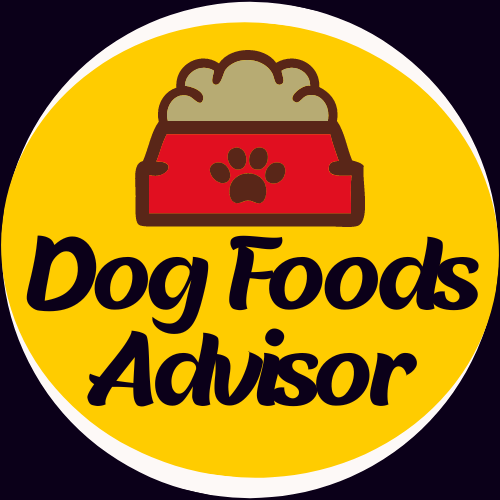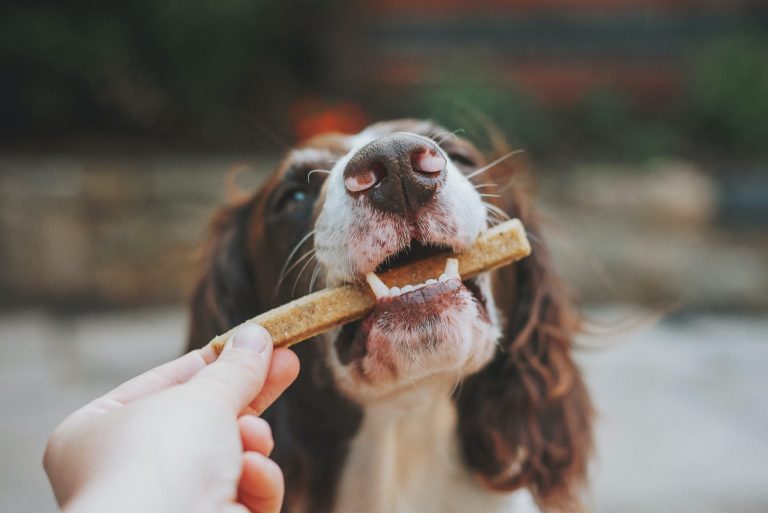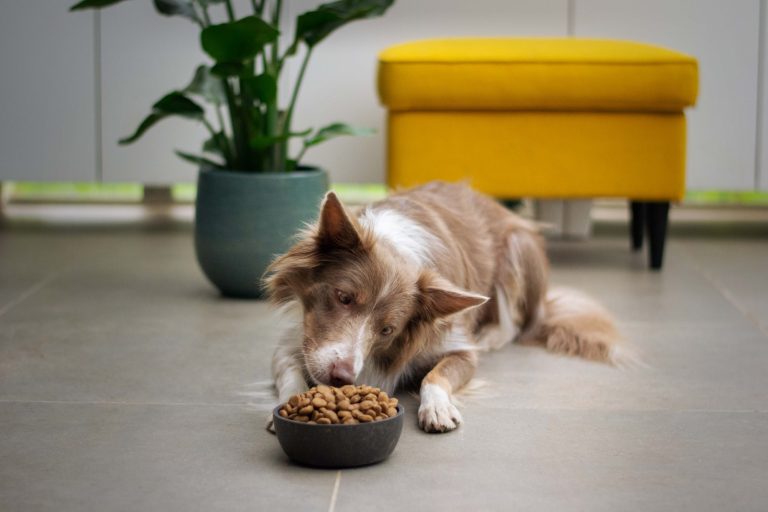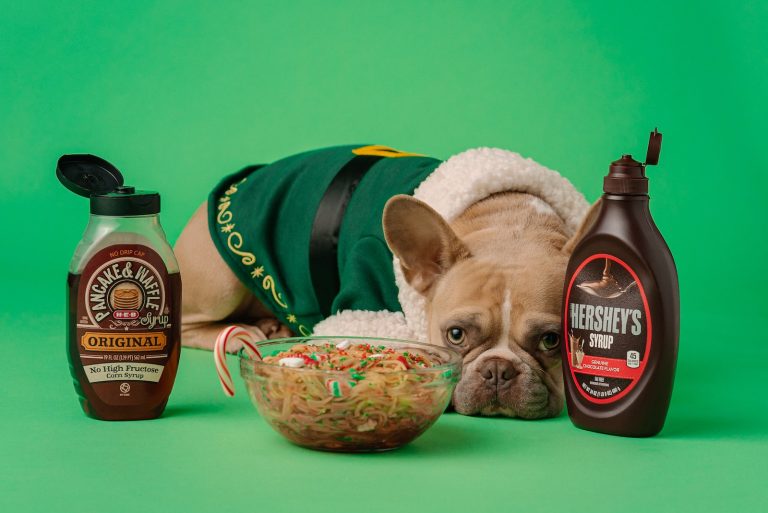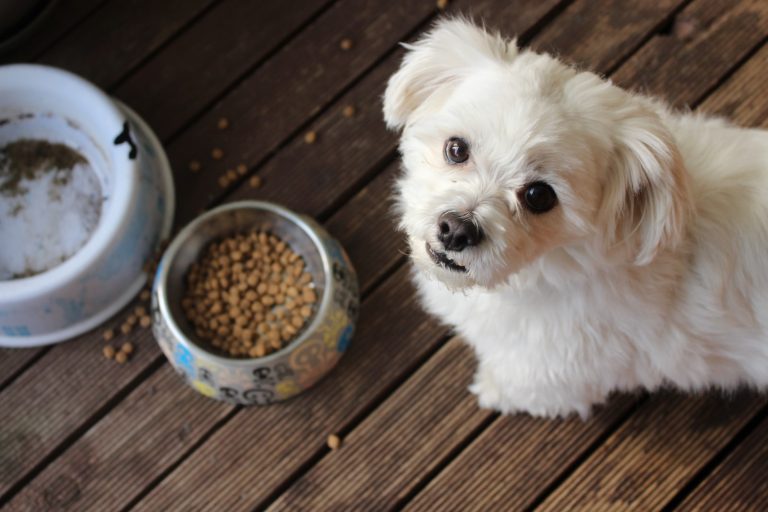Why consulting your vet before feeding your dog a grain-free diet
Are you considering putting your furry friend on a grain-free diet? With so many options available, it’s easy to get lost in the choices. While there are certainly benefits to this type of diet, it’s essential to consult with your trusted veterinarian before making any drastic changes.
We’ll explore why consulting with your vet is critical when selecting a grain-free diet for your canine companion and how they can help ensure that their nutritional needs are met while avoiding potential health risks. So grab a cup of coffee and settle in as we dive into the importance of consulting with your vet before feeding your dog a grain-free diet!
What is a grain-free diet?
A grain-free diet is a type of diet that is free of grains. Grain-free diets are often recommended to dogs as a way to help prevent health problems such as obesity and type 2 diabetes. Dogs that are on grain-free diets must be regularly checked by their veterinarian to make sure they are getting the right types of proteins and other essential nutrients in their diet. It is important to consult with your vet before starting a grain-free diet for your dog.
The benefits of a grain-free diet for dogs include the prevention of obesity and type 2 diabetes. Grain-free diets are also linked to a lower risk of issues such as joint pain and arthritis. Dogs that are on a grain-free diet must be regularly checked by their veterinarian to make sure they are getting the right types of proteins and other essential nutrients in their diet.
Why do some owners choose to feed their dogs grain-free diets?
Grain-free diets are increasingly being fed to dogs in order to help them maintain their health and well-being. Grain-free diets offer a wide variety of benefits for dogs, including:
1) Grain-free diets can help reduce the risk of developing certain health issues such as diabetes and obesity.
2) Grain-free diets can improve your dog’s overall digestive health because they lack digestible carbohydrates.
3) Grain-free diets offer a high level of nutrient density, which is important for dogs that suffer from allergies or food sensitivities.
4) Grain-free diets are environmentally friendly because they do not require the use of packaged foods or grain products.
Benefits of a grain-free diet for dogs
There are many benefits to feeding a grain-free diet to your dog. One of the most important is that it can help reduce the risk of many health problems, including obesity, diabetes, and canine hip dysplasia. Grain-free diets also tend to be lower in calories and protein than typical dog foods, which can help reduce your pet’s weight and keep them healthy.
Additionally, grain-free diets are often richer in fiber and other important nutrients than regular diets. Finally, grain-free diets typically have a lower glycemic index than Upton’s Diets or commercial pet foods, which means they are less likely to cause blood sugar spikes and associated health problems such as insulin resistance or heart disease.
Potential risks with feeding a grain-free diet
The grain-free diet is becoming increasingly popular among dog owners, presumably because it purportedly offers nutritional benefits over a diet featuring grains. However, there are a number of potential risks associated with feeding your dog a grain-free diet, and it’s important to consult with your vet before making any changes to his or her diet.
One of the most significant risks posed by a grain-free diet is the development of intolerance to specific proteins found in grains. If your dog’s body becomes intolerant to these proteins, that could lead to serious health problems, including kidney failure and even death.
In addition, if your dog is not getting the essential nutrients he or she needs from other sources (such as meat), he or she may become overweight or develop other health problems.
If you’re considering switching your dog’s diet to a grain-free one, be sure to talk with your veterinarian first. He or she can help you determine whether this type of dietary change is appropriate for your pet and recommend specific foods that would be safe for him or her to eat.
Right type of nutrition on a grain-free diet
If you’re thinking of transitioning your dog to a grain-free diet, be sure to consult with your veterinarian first. This is because grains are a key component of most dog diets and removing them can cause problems.
In addition to ensuring that your dog is receiving the right type of nutrition, it’s also important to monitor their health throughout the transition. If there are any changes in their energy levels, stool consistency, or general health during this time, make sure to bring it up with your vet.
There are a few foods that aren’t typically counted as grains, but they can still be a problem on a grain-free diet. These include sweet potatoes, yams, and other root vegetables. It’s important to monitor your dog’s intake of these foods to make sure they’re getting the right amount of nutrients and vitamins.
Conclusion & EndNotes
Feeding a grain-free diet to your dog can be tremendously beneficial, but it’s important to consult with your vet first. Grain-free diets are high in protein, which is great for dogs that need plenty of meat, but they’re missing crucial nutrients essential to their overall health. Consultation with your veterinarian will help ensure that you give your dog the best possible chance of long-term success on this type of diet.
Feeding a grain-free diet to your dog can be an excellent choice for their overall health, but it is important to consult with your vet before starting this diet. Grain-free diets are high in protein and low in carbohydrates, which can be good for dogs’ teeth and skin, but they can also contain other healthy ingredients that your vet may recommend. Consult with your veterinarian to make sure that the diet you choose is right for your dog’s individual needs and health.
